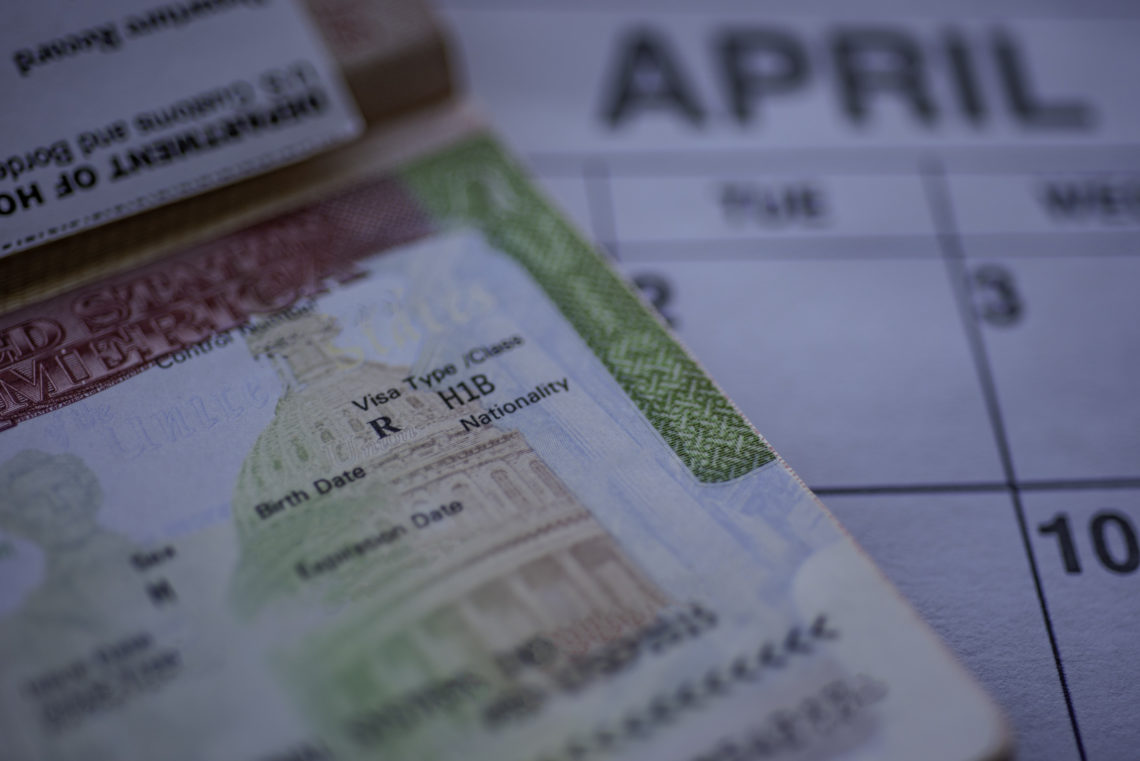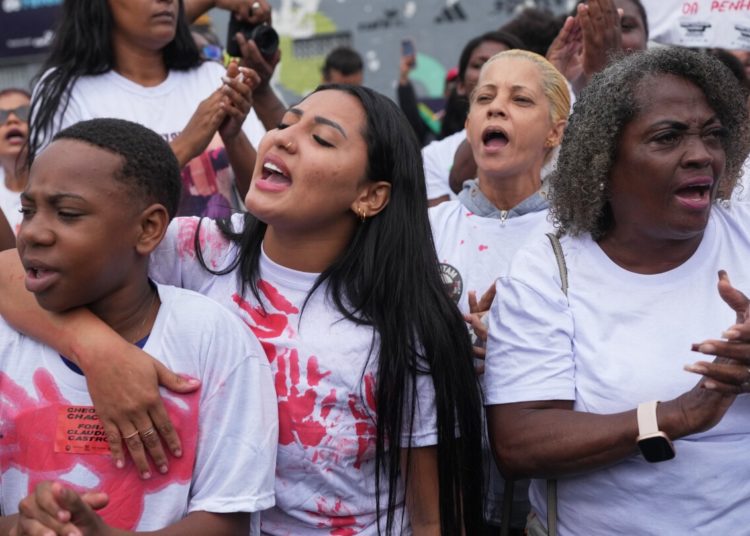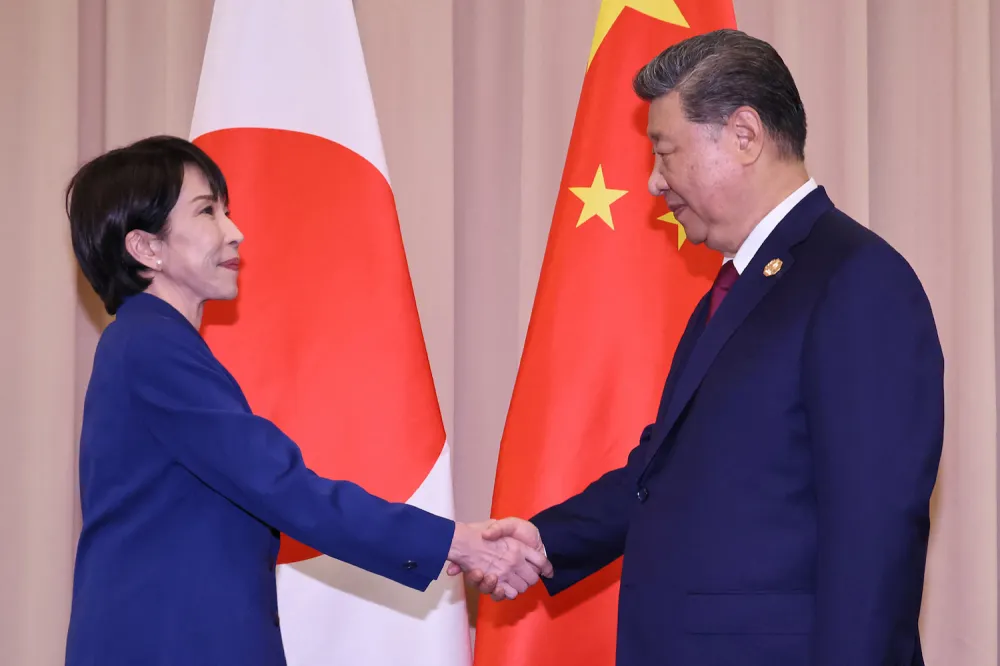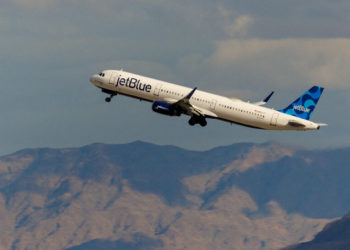The Department of Homeland Security plans to propose allocating H‑1B specialty‑occupation visas based on wage levels for job openings by the end of this month, a shift from the current random lottery that federal reviewers cleared earlier in August.
Newsweek contacted DHS for comment by email on Thursday outside regular working hours.
Why It Matters
The H-1B program supplies tens of thousands of specialty-occupation workers to U.S. employers each year and is heavily used by the technology sector. Any shift from a random lottery to a wage-tier or skill-based system could change hiring incentives for employers, affecting which foreign professionals obtain U.S. work authorization.
Prioritizing higher wages could disadvantage smaller businesses and positions that traditionally pay less, including certain education and nonprofit roles.
What To Know
DHS drafted a proposal to allocate H‑1B specialty‑occupation visas by comparing job openings against the Occupational Employment and Wage Statistics wage scale and favoring positions that meet higher wage tiers.
The White House’s Office of Information and Regulatory Affairs cleared the proposal on August 8.
The rule‑making process requires publication of the proposed regulation in the Federal Register, followed by a formal public comment period typically lasting 30 to 60 days and additional administrative steps before any final rule can take effect.
DHS also plans to revise rules on employment authorization for asylum-seekers, parolees and individuals with deferred action. The department also plans to revisit the eligibility requirements for cap‑exempt H‑1B visas, employment‑based green cards and temporary work visas for religious workers, according to the agency’s regulatory agenda.
The concept of ranking H‑1B petitions by wage levels echoes a 2021 DHS proposal during President Donald Trump‘s first term that sought to prioritize higher‑paid petitions, a plan that the Biden administration later withdrew.
What People Are Saying
Michael Wildes, an adjunct professor at the Benjamin N. Cardozo School of Law in New York and the managing partner at the immigration law firm Wildes Weinberg PC whose clients include first lady Melania Trump, told Newsweek: “This has biblical importance. As if Pharaoh was saying make bricks now without straw. Taking away the majority benefits for a few does not create good economics. Members of the bar are thankful that the H-1B is still intact; but by making it so exclusive, it will create its proportionality in the workforce.
“I represent a lot of farms and factories and so forth. A ranked system would inherently injure unionized workers, as the employer may only pay them per the CBA. An employer cannot artificially raise a single union worker to a wage in excess of this.
“Most countries generally provide a pass for permanent residence for long-term work authorization for international graduates who attend their colleges and universities. It’s stupid not to invest in those foreign students that have paid tuition and lived here to compete against them in another economy. These students overwhelmingly subsidize American students, resulting in increased scholarships for domestic students and lower tuition prices overall.
“So without a clear pathway to remain in the United States after graduation, high talent foreign students will choose to study outside of America, resulting in even higher tuition fees for domestic and in-state students.”
A U.S. Citizenship and Immigration Services spokesperson told Newsweek in an email on Thursday: “We have nothing further to announce at this time.”
USCIS said in guidance issued on July 18: “USCIS has announced that it has received enough petitions to meet the congressionally mandated 65,000 H-1B visa regular cap and the 20,000 H-1B visa U.S. advanced degree exemption, also known as the master’s cap, for fiscal year 2026.”
Immigration attorneys Fragomen LLP wrote in an August 11: “The next step for the proposal is publication in the Federal Register for public feedback.”
David Leopold, a former president of the American Immigration Lawyers Association, told Al Jazeera: “This shift may prevent many employers, including small and midsize businesses, from hiring the talent they need in shortage occupations, ultimately reducing America’s global competitiveness.”
What Happens Next
The administration plans to publish the proposed rule in the Federal Register, which would open a formal public comment period and allow stakeholders—including employers, trade groups and immigration advocates—to submit feedback for a period that typically lasts 30 to 60 days.
The post H-1B Visas Face Major Change Under DHS Plan appeared first on Newsweek.




